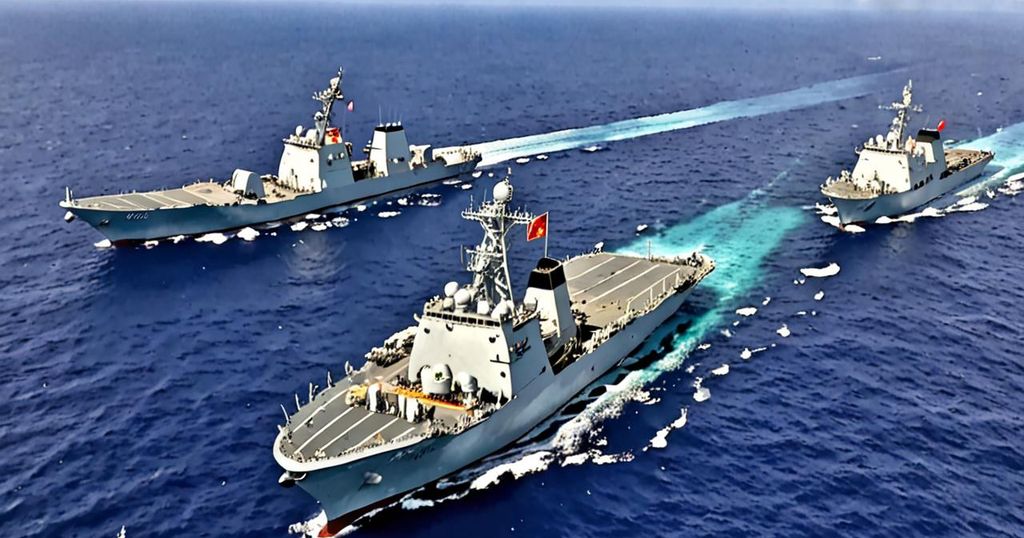The recent incident occurring on June 17th in the South China Sea has sparked concerns regarding the potential for an armed conflict between China and the Philippines. Fortunately, thanks to a blend of restraint and good fortune, such a conflict was ultimately averted. Collin Koh, a distinguished maritime security expert from the S Rajaratnam School of International Studies, attributes this outcome to the combination of factors.
Tensions had been steadily mounting between the two nations for more than a year, with disruptions to Filipino rotation and resupply missions to the garrison stationed on the beached Sierra Madre warship. The situation reached a boiling point in the two weeks leading up to the incident, with allegations of Filipino troops brandishing firearms at the coast guard and causing damage to Chinese fishing nets.
In the video footage of the June 17th incident, the Chinese coast guard is observed alongside the Sierra Madre, with the potential to escalate the situation into a full-blown conflict. They resorted to unprecedented means by wielding knives, an axe, and other weapons, seizing rubber dinghies, confiscating firearms, and inflicting severe damage to navigational systems.
Koh stresses that the prevention of a large-scale conflict was due in part to the restraint exercised by both parties. Although China asserted that their coast guards had acted in a “professional and reasonable” manner, the boarding and seizure of Philippine Navy boats could have been perceived as an act of war. Nonetheless, the Filipino Navy personnel involved in the mission demonstrated remarkable restraint, thereby preventing further escalation.
Relying on luck to avoid a significant conflict is not a sustainable approach, highlighting the significance of both countries exercising caution and refraining from provocation. President Ferdinand Marcos Jr. unequivocally stated that any loss of civilian lives would be deemed a “red line” and that the Philippines is not seeking to incite hostilities.
The incident also yielded valuable insights into the dynamics of power and escalation dominance in the region. China’s capacity to disrupt Filipino operations and exhibit its maritime capabilities carries significant implications for the ongoing South China Sea disputes.
Koh cautions that while the risk of an intentional armed conflict in the South China Sea remains low, there is a concern about either country unintentionally stumbling into a fight. He underscores the importance of de-escalation and urges Beijing to refrain from coercion and miscalculation.
In conclusion, tensions in the region remain palpable, and the cautious management of these tensions will be critical in preventing further escalations. The incident serves as a stark reminder of the delicate balance of power and the imperative for restraint and diplomacy in the South China Sea.
The foregoing commentary has been furnished by Collin Koh, a senior fellow at the S Rajaratnam School of International Studies, specializing in maritime security and naval affairs in Southeast Asia, including the South China Sea disputes.

Leave a Reply